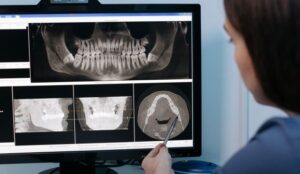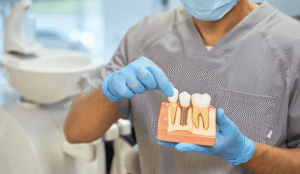Dental Implants: Your Guide to Lasting SuccessDental implants offer remarkable stability and enduring results, boasting success rates of 95–98% over five to ten years, and often continuing to serve beautifully for over two decades. Many individuals express concerns about potential implant failure, but understanding how success is evaluated, what factors contribute to positive outcomes, and …
- Mon - Fri: 8 AM - 5 PM.
- 1806 Professional Dr A, Sacramento, CA 95825


